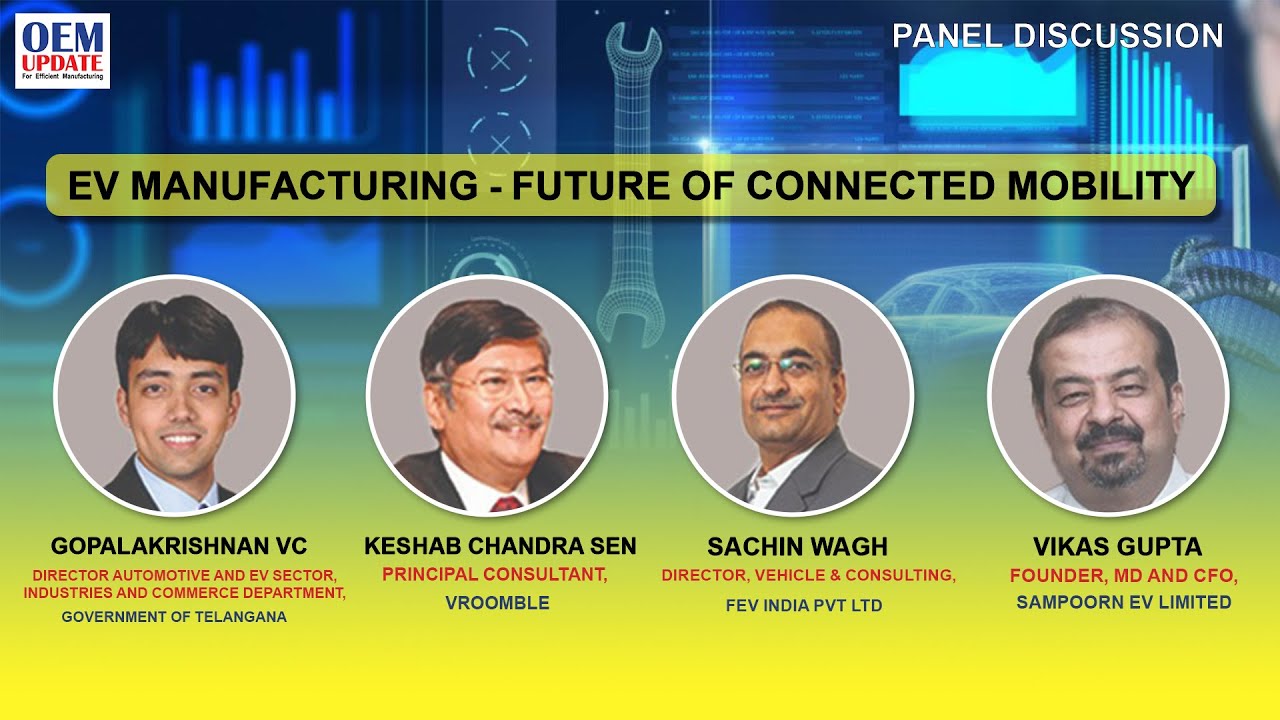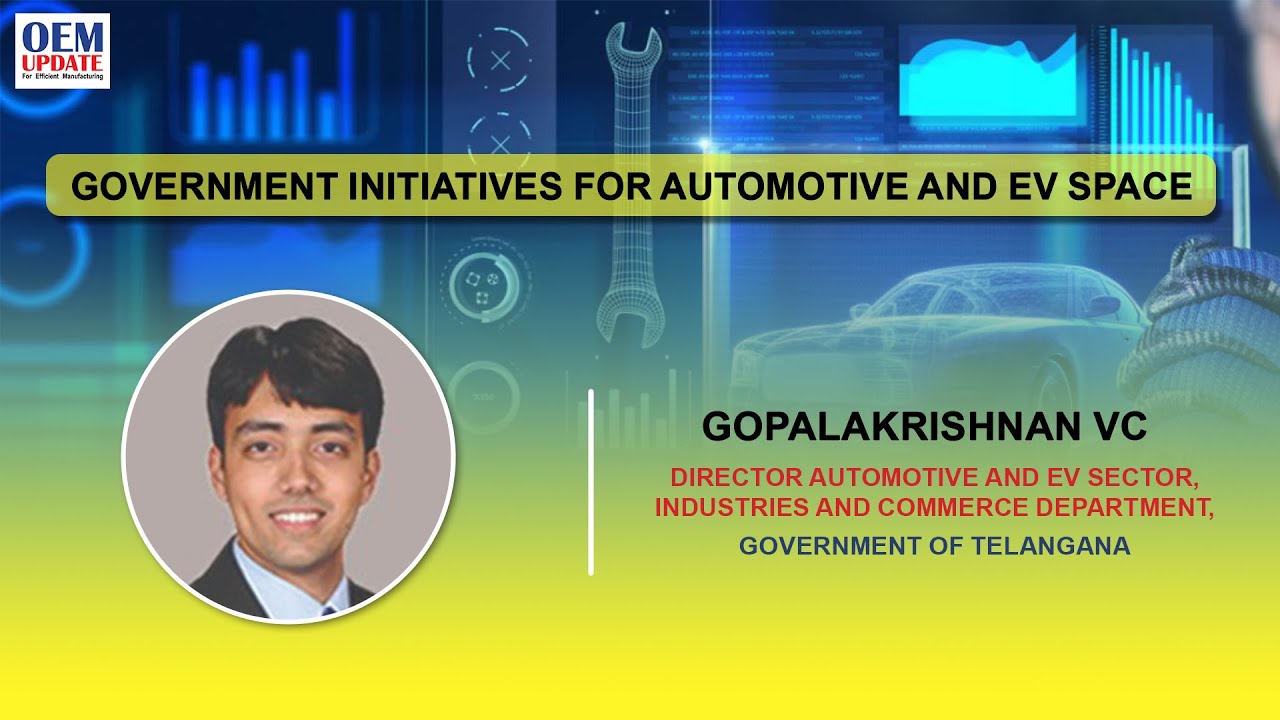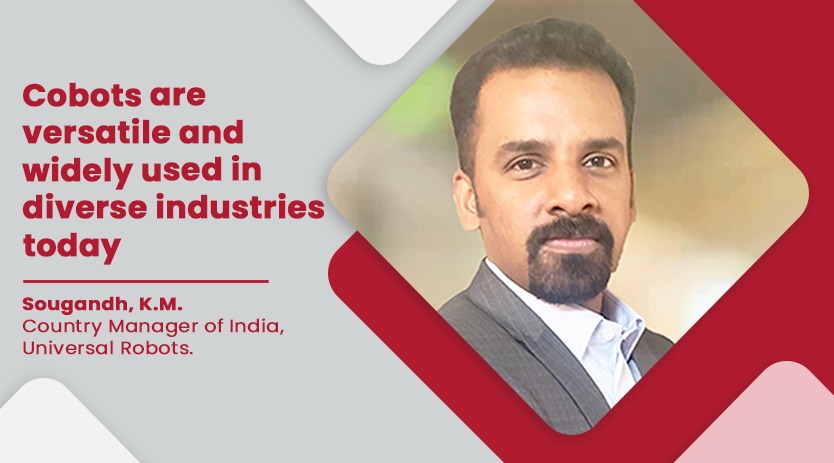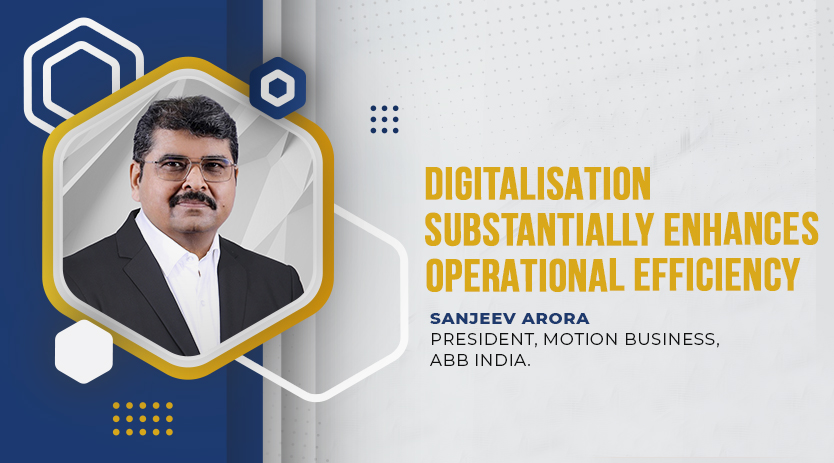Digital platform frameworks for automating industrial processes
January 11, 2023 3:33 pm
This article discusses the application of digital-platform frameworks as a tool for automating industrial processes, building or buying and leveraging digital platforms to implement Industry 4.0 business models.
Industry 4.0 introduced the concept of automating industrial workflows to reduce errors and increase shop-floor safety and productivity. The idea behind automating these workflows rests on developing a framework of digital industrial solutions. Automation can drive interconnectivity and analyse the captured data to empower automated systems with machine vision or machine-learning capabilities. Integration of a digital platform provides the needed environment to deliver the benefits of Industry 4.0.
Digital-platform frameworks
The traditional concept of digital platforms refers to the interfaces such as Facebook, Twitter and Instagram- the social media spaces. However, digital platforms refer to service oriented platforms that support communication, data collection, and analysis within the facility in the industrial sector. These digital platforms are the framework for managing an enterprise’s IT and interrelated OT infrastructure.
Digital platforms leverage a centralised computing resource framework – the cloud or on premises infrastructure – to host applications and app development tools. These tools, like APIs or machine-utilisation apps, can be generic to every industry or industry-specific application. For example, digitalisation provides manufacturers with the tools to develop very technical apps from scratch that are unavailable in the average Play Store or iTunes Store.
The image herein highlights the industry-specific nature of a digital-platform framework that supports industrial use cases.
The framework provides extensive support for the edge, near-edge, smart, and automated systems deployed within the shop floor. It showcases the storage and computing assets needed to power a digital platform, the data-producing devices, and the apps for collecting and analysing captured data. The insight and data captured within the framework are accessed using the web and mobile apps, as seen in Figure. The capabilities of the average digital platform can be categorised as offering the following:
• Access control – This capability defines endpoints that can access platform data and networks. Access control management secures an enterprise’s IT framework through verification and permission tools.
• Event processing – Identifying and processing important events occurring within a digital platform helps with real-time decision-making. A platform with event processing capabilities enables users to automate specific tasks such as inspections and monitoring actions.
• External-integration support – Generally, digital-platform frameworks function along side stand alone applications or systems such as ERP software. A digital platform must support integrating
external systems crucial to industrial operations.
Leveraging digital platforms to implement Industry 4.0
Today, approximately 81 percent of manufacturing enterprises have adopted increasingly advanced digital-transformation solutions. Everyone understands the productivity and operational. benefits that come with embracing digital transformation. A digital platform framework brings all digitalisation tools used within a singular virtual environment. Thus, a manufacturer gets a singular environment for managing every digital and physical asset deployed within the shop floor from a single platform. Unifying both IT and OT assets highlight the importance of a unifying digital framework. Using a centralised digital platform, enterprises can:
• Build and support industry specific apps – Manufacturers can leverage digitised frameworks and the tools within them to create unique apps that handle machine data according to defined goals. The framework can also integrate apps such as capacity-planning software that utilise shop-floor data for accurate analysis. Using APIs, the software automates the collection of related shop-floor data to execute the requested analysis.
• Implement remote and condition-monitoring strategies – The centralisation of IT resources and digital industrial solutions support and empowers manufacturers to test and implement diverse strategies. Examples include leveraging machine data and web-based interfaces or HMIs to monitor asset performance levels or specific shop-floor operations remotely. The interconnectivity within a digital platform empowers the application of monitoring strategies.
• Validation and testing – Reducing failure rates while implementing new technologies or strategies within the shop floor is important to reducing implementation costs. A centralised digital platform provides the tools for assessing the effects of implementations using VR headsets or analytics software to analyse related data sets.
Build or buy digital-platform frameworks
Manufacturers interested in adopting digital platforms to ease manufacturing operations have two choices: build your platform from scratch or buy into an existing platform. Making the right decision involves some important factors mentioned herein.
• Building cost – The infrastructure required to build a digital platform from scratch is considerable. These costs include hardware purchases such as storage discs to support big data sets and supporting computers. Other costs include the infrastructure and the labour cost while configuring a digital platform.
• In-house competency – Building, managing, and maintaining a digital platform must be executed around the clock. Dedicated staff with the ability to respond to security incidents and downtime
triggers is required. For example, the recommended building and management process involves adopting the CICD tenets of constant development and continuous integration to safeguard and build a functioning platform. Manufacturers who want technical personnel to implement these processes must make new IT departments to handle the management process.
• Level of customisation – The manufacturing industry is known for its industry-specific applications and platforms. Therefore, IIoT is the term used within the industrial sector instead of IoT. Deciding to build must account for the need to customise and configure the platform to meet industrial requirements. From the purchase side, customisation must also be considered. A generic digital platform is unlikely to provide the optimisation results required.
• Time to market – The time to build a functional digital platform is essential for manufacturers interested in competing with their global peers. If the build time for an individual manufacturer is
extensive, the manufacturer ends up playing catch-up with others already utilising a digital platform.
• Security – Security challenges are the deciding factor behind building platforms. 75 percent of enterprises call cloud security their biggest challenge while purchasing digital solutions. Although
building platforms provides a security measure, these platforms must be properly configured. Poor configuration accounts for 68 percent of successful data breaches for building and managing a
digital platform.
Conclusion
The decision to buy or build rests with C-level executives who must consider their industrial enterprise’s key competencies. The cost and technical requirements for building digital platforms are attractive options for small and medium-sized businesses. However, large businesses partner with reputable industrial-solutions providers to meet building requirements for digital platforms.
Cookie Consent
We use cookies to personalize your experience. By continuing to visit this website you agree to our Terms & Conditions, Privacy Policy and Cookie Policy.



















 English
English Hindi
Hindi